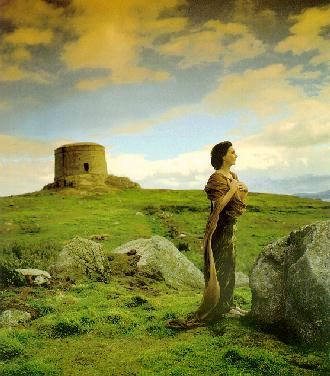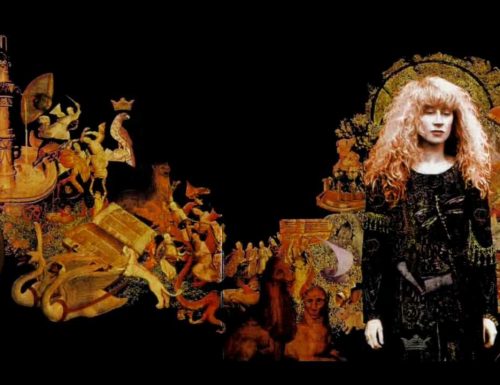
Pubblicato inWorld Music
Penelope’s song by Loreena McKennitt
The feeling of waiting expressed in music, so after a visit to the Greek island of Chios Loreena…


Tema Seamless René, sviluppato da Altervista
Apri un sito e guadagna con Altervista - Disclaimer - Segnala abuso - Privacy Policy - Personalizza tracciamento pubblicitario